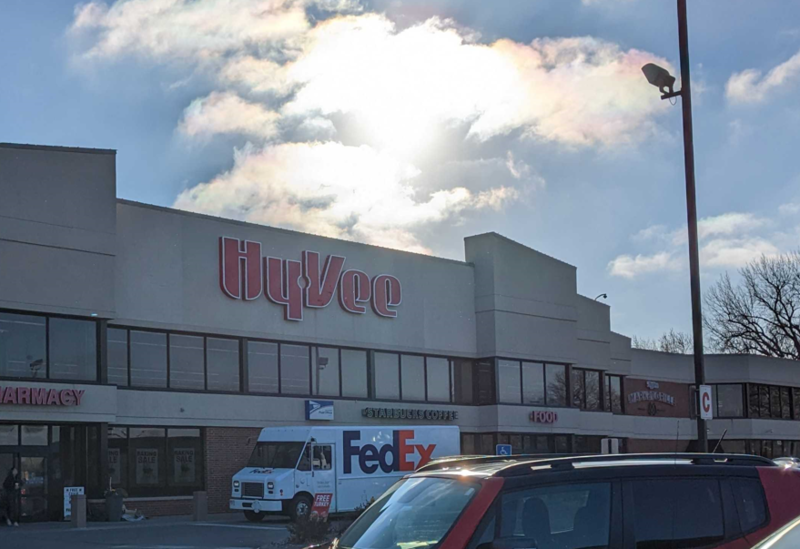Group resubmits proposed ballot measure to repeal grocery tax, clarifies wording

After weeks of controversy surrounding the wording of a proposed ballot measure to repeal the state sales tax on food, the organization leading the charge has resubmitted the proposal with clarifying language.
Dakotans for Health, a grassroots policy change organization, submitted proposals in July for an initiated measure and a constitutional amendment that would prevent the state from taxing “anything sold for eating or drinking by humans, except alcoholic beverages, tobacco or prepared food.” If the group collects enough petition signatures, voters would consider the proposals in 2024.

The Legislative Research Council, which provides statutory and legal guidance for proposed ballot initiatives, reviewed the proposed measure and stated that “municipalities could continue to tax anything sold for eating or drinking.”
But Attorney General Mark Vargo released an official ballot explanation on Nov. 9, which states that the measure “prohibits the state, or municipalities, from collecting sales or use tax on anything sold for eating or drinking by humans.”
That definition would keep cities from collecting their own tax on groceries, which is typically 2% on top of the state tax rate of 4.5%.
Sioux Falls City Attorney Stacy Kooistra wrote to Vargo’s office that such a ban would “significantly impact both our general fund and capital fund, which will likely result in the reduction of services and capital investments.”
The rewritten measure announced Monday says municipalities “could continue to tax anything sold for eating or drinking.”
“It doesn’t make any sense to circulate a food tax repeal ballot measure with contradictory state information, so we are resubmitting and are asking the LRC and the Attorney General to expedite their review, explanation, and fiscal note,” said Dakotans for Health co-founder Rick Weiland in a news release.
The process for the LRC and attorney general to review the proposals normally takes several months.
South Dakota is one of three states that fully taxes food without offering credits or rebates for the poor, according to the nonpartisan Center on Budget and Policy Priorities. Some state legislators have proposed legislation to repeal South Dakota’s food sales tax for years, but those bills have never been adopted.
Gov. Kristi Noem pledged during her reelection campaign this year to repeal the sales tax on food during the 2023 legislative session, before any proposed ballot measures are considered by voters in 2024. Noem may have more to say about that in her annual budget address Dec. 6. Legislators will consider her proposal when they convene in January.








